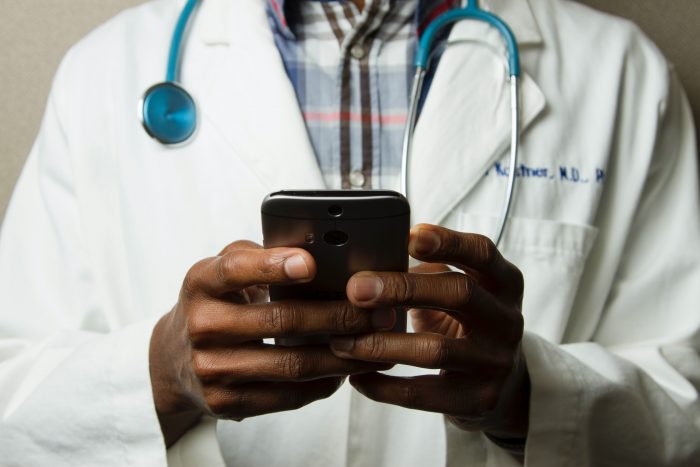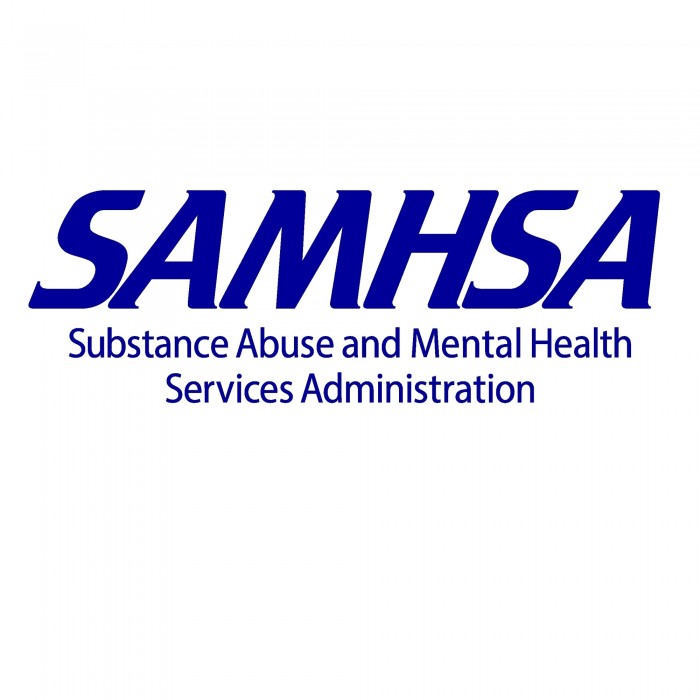The Department of Drug and Alcohol Programs (DDAP) has issued Licensing Alert 02-2024, effective immediately, to inform opioid treatment programs (OTP) about the recent final rule issued by the Substance Abuse and Mental Health Services Administration (SAMHSA) on February 2, 2024, concerning medications for the treatment of opioid use disorder (OUD). RCPA issued an alert to its members on February 1 announcing the final rule.
This rule modifies and updates regulations pertaining to OTP accreditation, certification, and standards for the treatment of OUD. The most crucial aspects of SAMHSA’s final rule include the permanent adoption of COVID-19 era flexibilities, allowing patients to receive more take-home doses of methadone, which is proven to enhance treatment retention and reduce illicit opioid use. The update also permits the initiation of methadone and buprenorphine treatment via telehealth through OTPs and removes stringent admission criteria, thereby improving access to care for individuals in need.
DDAP is currently reviewing the final rule, set to take effect on April 2, 2024, with a compliance deadline of October 2, 2024, and plans to issue a follow-up Licensing Alert soon. For further information, contact the Bureau of Program Licensure.

















